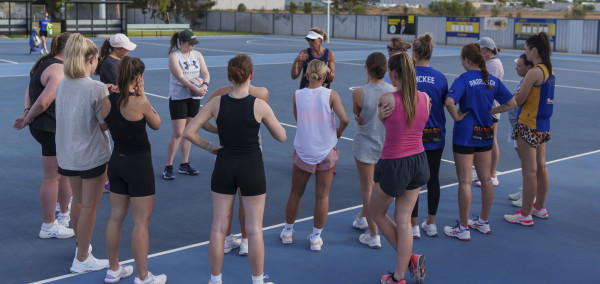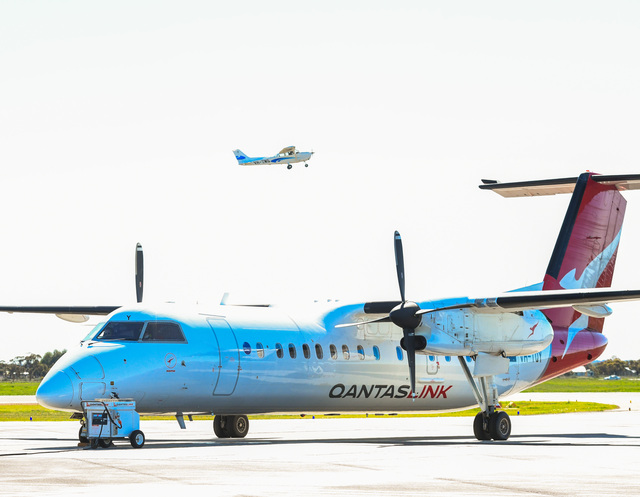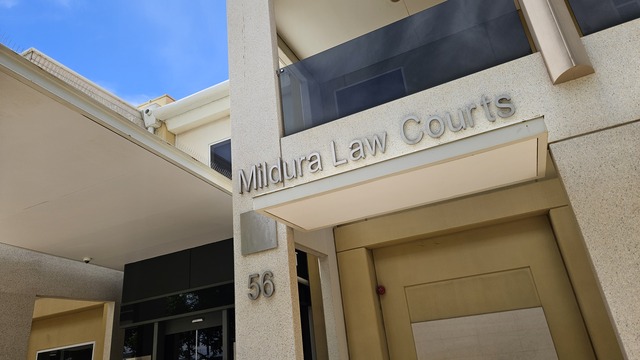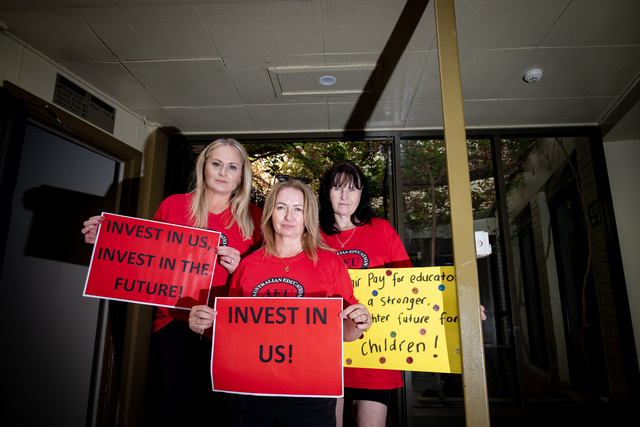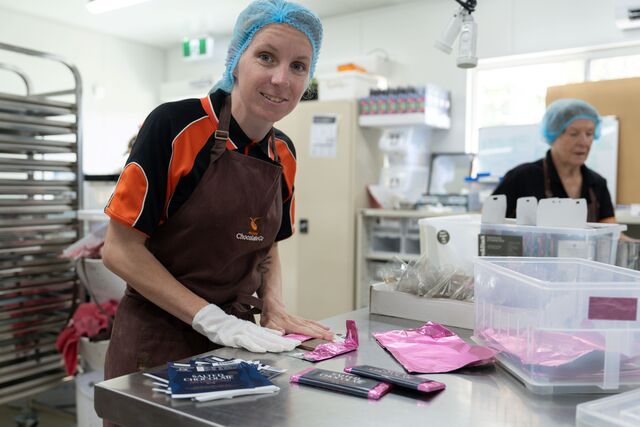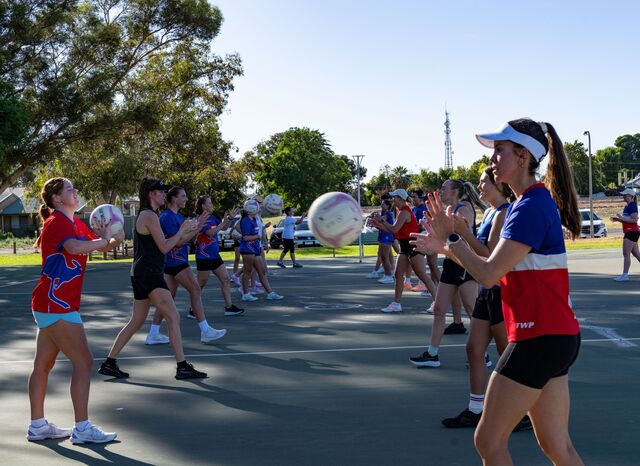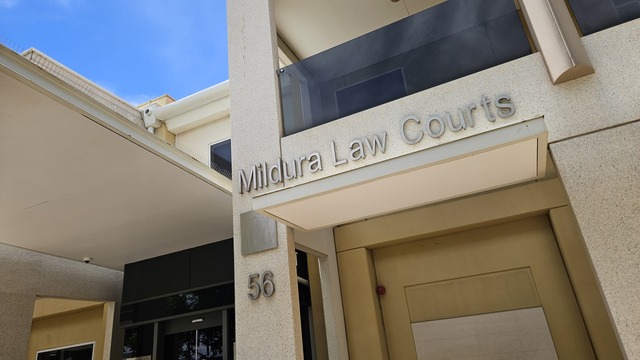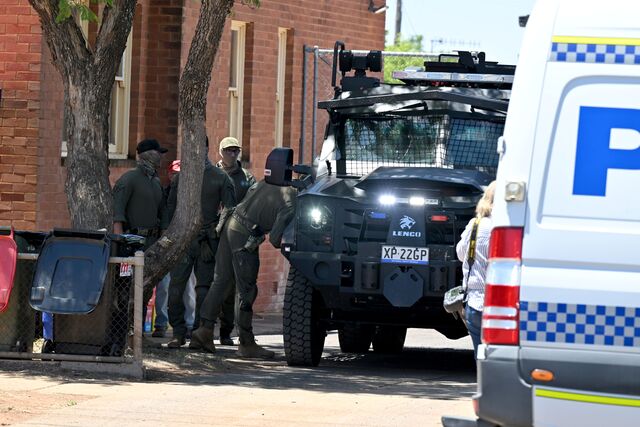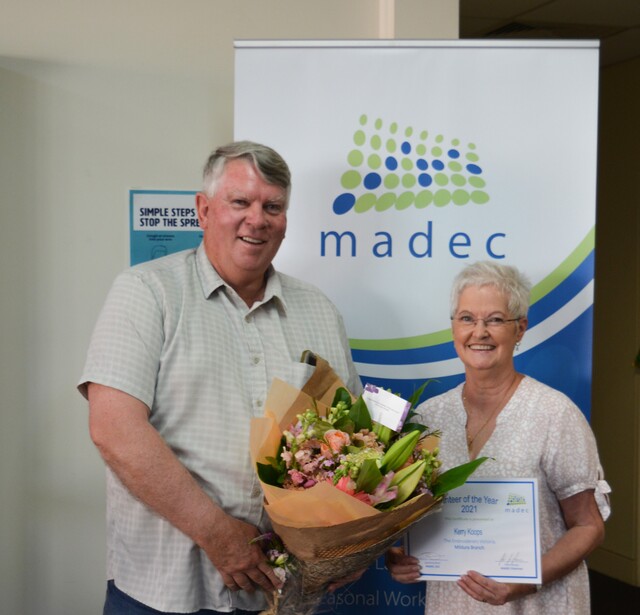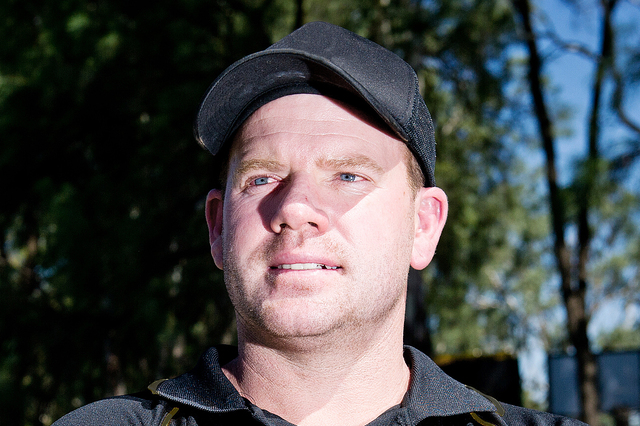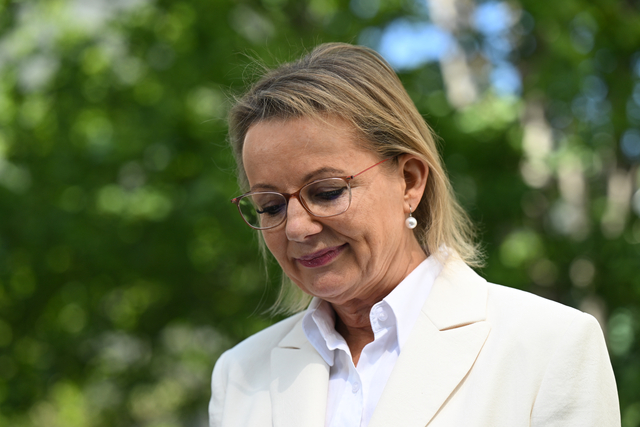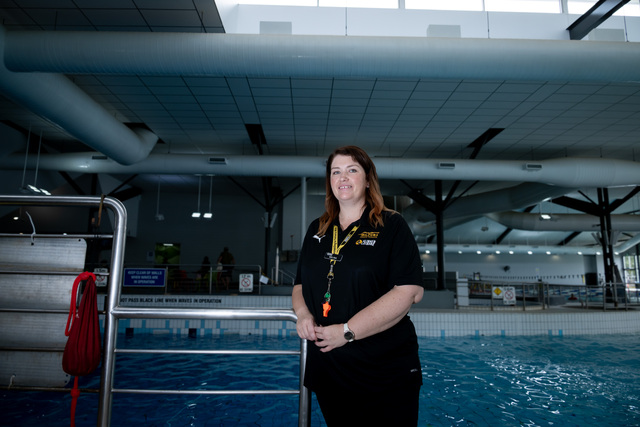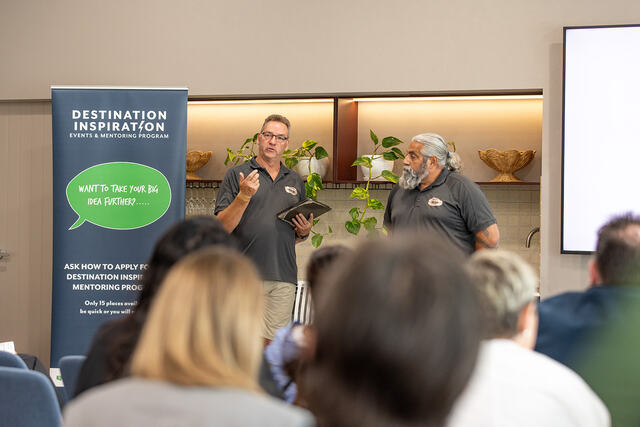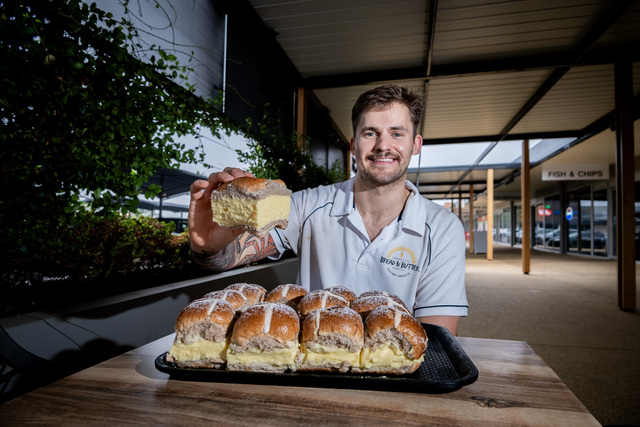AS many will know, I’ve been speaking up about family violence in our region since I took over as the Mildura councillor responsible for gender equity early in 2019.
This local government portfolio is unique — possibly the only one in the state, if not the country.
It arose out of the tragic deaths of two women at the hands of their partners and was driven by two councillors: Ali Cupper and Mark Eckel.
With the Mildura region stuck for many years in the top two for reported family violence, it has been at times disheartening.
Many agencies, including Gender Equity Action Sunraysia, have never shied away from placing a spotlight firmly on the need for primary prevention.
Firstly, what do we define as family violence?
Usually, we gravitate straight to the ‘abusive, police attending, medical intervention required’ form.
But it’s much more insidious, with multiple aspects, none of which are mutually exclusive.
Coercive control is a defining feature of all family violence and includes emotional, physical, sexual, social, financia, and spiritual/cultural abuse.
Many factors, such as drugs, alcohol and financial stress, can increase the risk.
But evidence shows that a major driver of family violence is gender inequality — that is, the unequal distribution of power, resources and choice based on someone’s gender identity.
Along with many agencies in the region, Mildura Rural City Council has been at the forefront of advocating for primary prevention, and we can sense the ship turning around.
A collective voice is saying “enough is enough” and the momentum is building to develop a whole-of-community plan — that is, everyone working in this space, coming together to change attitudes, shift biases and highlight a basic human right of all people being equal.
I’m enormously proud of the work being done by council, most particularly through the Gendering in a New Era in Mildura Regional Sports project, designed to pilot and build an equality and respect model with local sporting clubs.
Over the past two years, various local clubs have undertaken a gender equality assessment followed by training and developing an action plan.
The initial assessment looked at aspects of their club such as whose pictures were on the wall, who was paid to play, who received life membership, who was behind the bar and who was in front of the bar, who predominately had coaching roles, inequities in access to training facilities, gendered uniforms, who was featured in social media, who was on the front cover of the annual report, who was on the representative committee, what were the volunteer roles across gender, and so on.
They also began to cast an intersectional lens across their clubs to ensure they were welcoming all members of the community, not just the demographic who’s been around forever and a day.
Clubs involved in the first two phases included Cardross Football Netball Club, Meringur Football Netball Club, Irymple Football Netball Club, Nichols Point Football Club, Mildura West Cricket Club, Merbein Cricket Club, Imperials Football Netball Club, Sunraysia Hockey Association, Waratahs Hockey Club, Mildura Workers Bowls Club, Nichols Point Cricket Club and Sacred Heart/St Andrews Tennis Club.
When it started two years ago, some clubs were scraping the bottom of the barrel in terms of gender equity, with one club president even stating openly, that he “would rather scratch his eyes out than watch women’s sport”.
In contrast, after being a participant in the project, a different man in a position of authority at another club who held a similar outlook now reports having a lightbulb moment whene he has gained “enormous insights and learnt so much”.
Other clubs have lifted the blinds and aired their dirty laundry, resulting in exciting initiatives across the sporting groups including:
- Years of club involvement backdated to include women in life membership status
- Clubs previously with one woman on the committee now have 50 per cent representation
- Social media presence includes all members now, not just men’s football, with diversity across men, women and junior players
- Baby-change facilities added to bathrooms
- Changes to constitutions to ensure women are valued as highly as men
- Rebranding of a club’s logo to ensure all members are represented
- Ongoing member surveys to ensure all member voices are heard
- Disabled toilets cleaned out and given proper signage, and
- Netballers receiving weekly payments for playing.
The work has centred around amplifying women’s voices and empowering men to be role models, and has filtered out into the region to create broad awareness, pride and change.
A recent survey at a school with 184 students found that 170 of the children had families in a club that was engaged in the sporting gender-equity project.
What a win for us all.
Nine clubs have participated in the third stage, kicking off to include Ouyen Football Netball Club, Ouyen Cricket Club and Ouyen Bowls Club, which are currently engaged in the project and have just completed the Taking Action for Gender Equality and Bystander Training session.
Other clubs that have started the gender audit process are Koowinda Hockey Club and Wanderers Baseball Club.
The project is also being modified to be more relevant to motorsport groups, with multiple clubs having registered interest in completing a gender equity audit, including Sunraysia Drag Racing Association, Mildura Kart Club and Timmis Speedway Drivers Club.
There’s new skin in the game and the movement towards a whole-of-community primary prevention plan is critical and a welcome development if we are going to level the playing field and change the game for the better.
See also: Gender project a real game changer
See also: Waratahs are leading the charge

